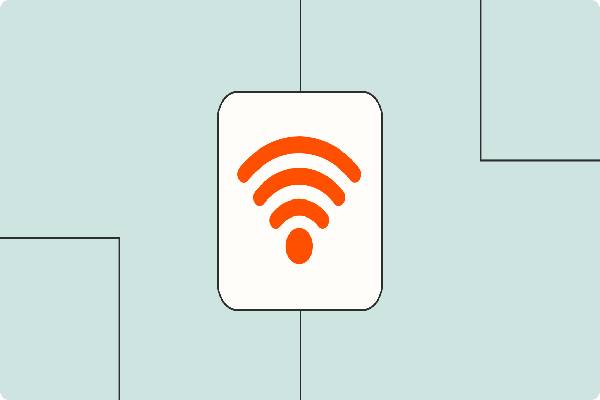digital foot health promotion programme

Background
Nurses shape the biggest expert institution in fitness care, and that they spend most in their running day on their feet. From the attitude of labor nicely-being, healthy ft are essential to tolerate the bodily demands of nursing paintings. However, little is known approximately how nurses’ foot self-care practices may be promoted with computerised interventions. The goal of this study was -fold: to explore the preliminary effects of the digital Foot Health Promotion Programme (FHPP) on foot self-care in nurses and to examine the usability of the programme.
Methods
A single institution pretest-posttest design changed into used. The FHPP turned into centered at nurses operating in the running theatre. The FHPP lasted for four weeks and centered on improving nurses’ knowledge and recognition of foot self-care via self-directed mastering tasks. The number one final results was information of foot self-care. The secondary outcomes have been foot fitness and work capacity. Thirty-seven participants finished the examine. The results have been assessed at baseline (April–June 2017) and four weeks (August–September 2017) after the intervention ended. The data were analysed statistically.
Results
Participants’ know-how of foot self-care and foot health improved; however, the adjustments were now not statistically vast. The FHPP become taken into consideration to be usable and has capacity as a device to growth knowledge of foot self-care amongst nurses.
Conclusions
The FHPP evolved in this have a look at is a newly advanced capacity tool to boom nurses’ information of foot self-care. Application of the FHPP as part of occupational fitness care may also enhance nursing employees’s foot self-care and lower extremity fitness.
Background
Foot self-care (worrying for one’s very own feet) is critical for retaining and improving foot fitness and, in flip, fashionable health. Foot health is one issue of physical health. Physical health and its promoting are emphasized in worldwide strategies and hints [1, 2]. However, in these recommendations, foot self-care and foot fitness are hardly ever mentioned as relevant permitting factors for physical health. Supporting foot self-care is usually believed to be a prerequisite for retaining and improving foot health; therefore, there's a need to encompass foot self-care in those recommendations.
Foot fitness is vital at some point of life. In fashionable, foot fitness is preferred, and attitudes in the direction of the care of foot troubles are frequently fine . However, foot issues are common in running life among nurses and might decrease fine of life, mainly amongst ladies . Nurses form the largest expert institution in health care. Nursing is physically stressful, which include situations in which nurses’ toes are exposed to stress for long periods in their daily work surroundings. However, studies focusing on assisting and enhancing nurses’ foot fitness are confined .
Foot self-care is executed by people. It requires know-how of the way to appearance after oneself properly and practical competencies in caring for one’s very own feet. Foot self-care entails normal hygiene, toenail and skin care, foot physical games and the usage of appropriate shoes and socks . Despite its alternatively truthful content, foot self-care is frequently left out. Reasons for this may include lack of understanding ; bodily restrictions, such as arthritis or weight problems ; loss of motivation ; or the belief that worrying for the feet isn't essential . On the other hand, social assist, foot-associated education and communication between sufferers and carriers had been reported to enable foot self-car
Interventions focusing on foot self-care are scarce , and former research have focused on improving foot self-care in patients with diabetes [14, 15]. The interventions studied were all educational, and they included key areas of diabetic foot self-care. Educational interventions were furnished in corporations [16,17,18] and in face-to-face settings [16, 17]. They had been reinforced by using written fabric , lectures and meetings with fitness-care experts [14, 19] or periodic assist and foot checks . The individual periods varied from 20 min to ninety min , and the whole interventions lasted from 20 min to four weeks . Only a limited quantity of interventions had been performed in an electronic layout, which covered textual content messages and audio-visible lectures . These interventions ended in progressed knowledge of foot self-care, which confirms that foot self-care can be better thru an academic method. However, there may be limited evidence of the way foot self-care can be improved via digital programmes in occupational health settings, specifically amongst nurses

.jpg)